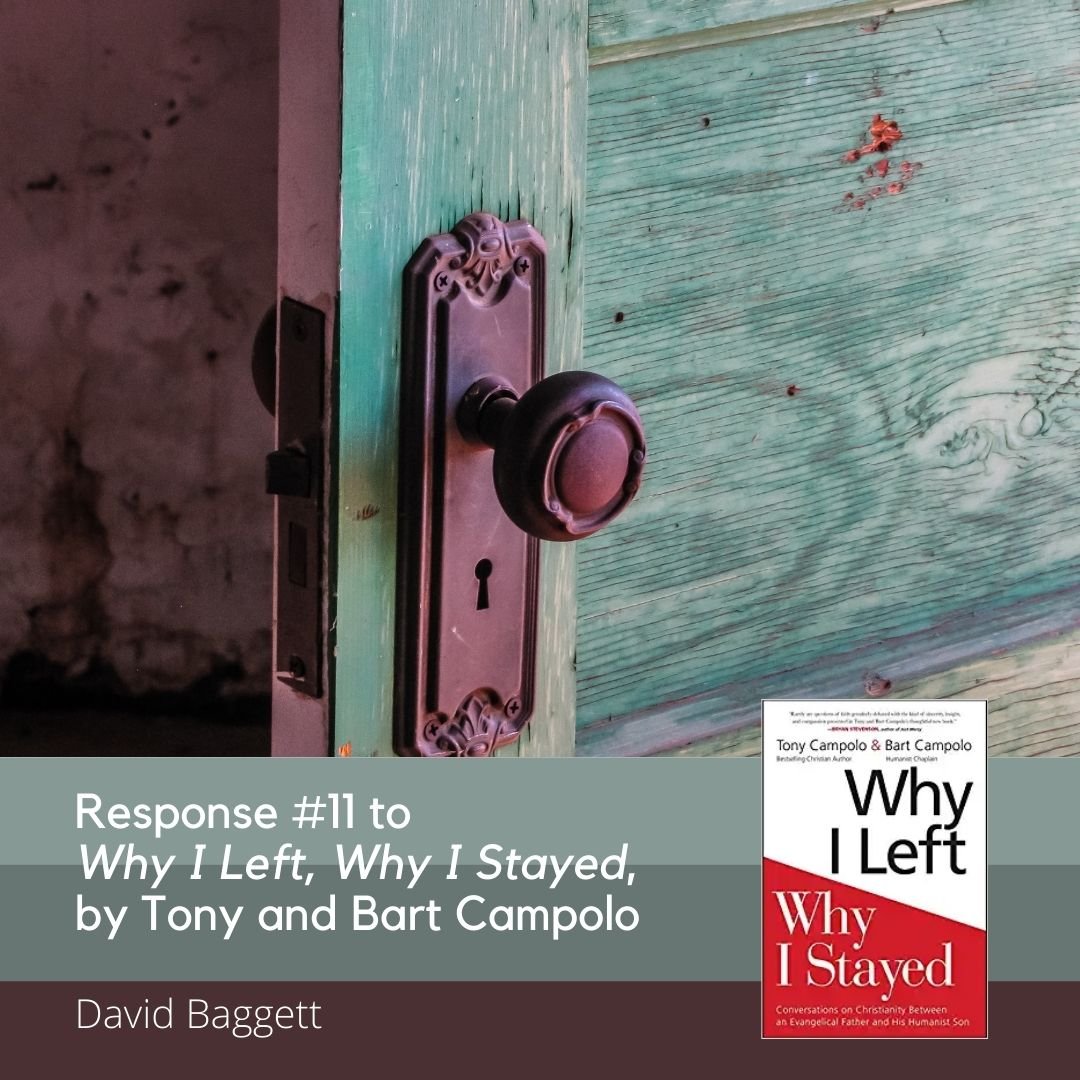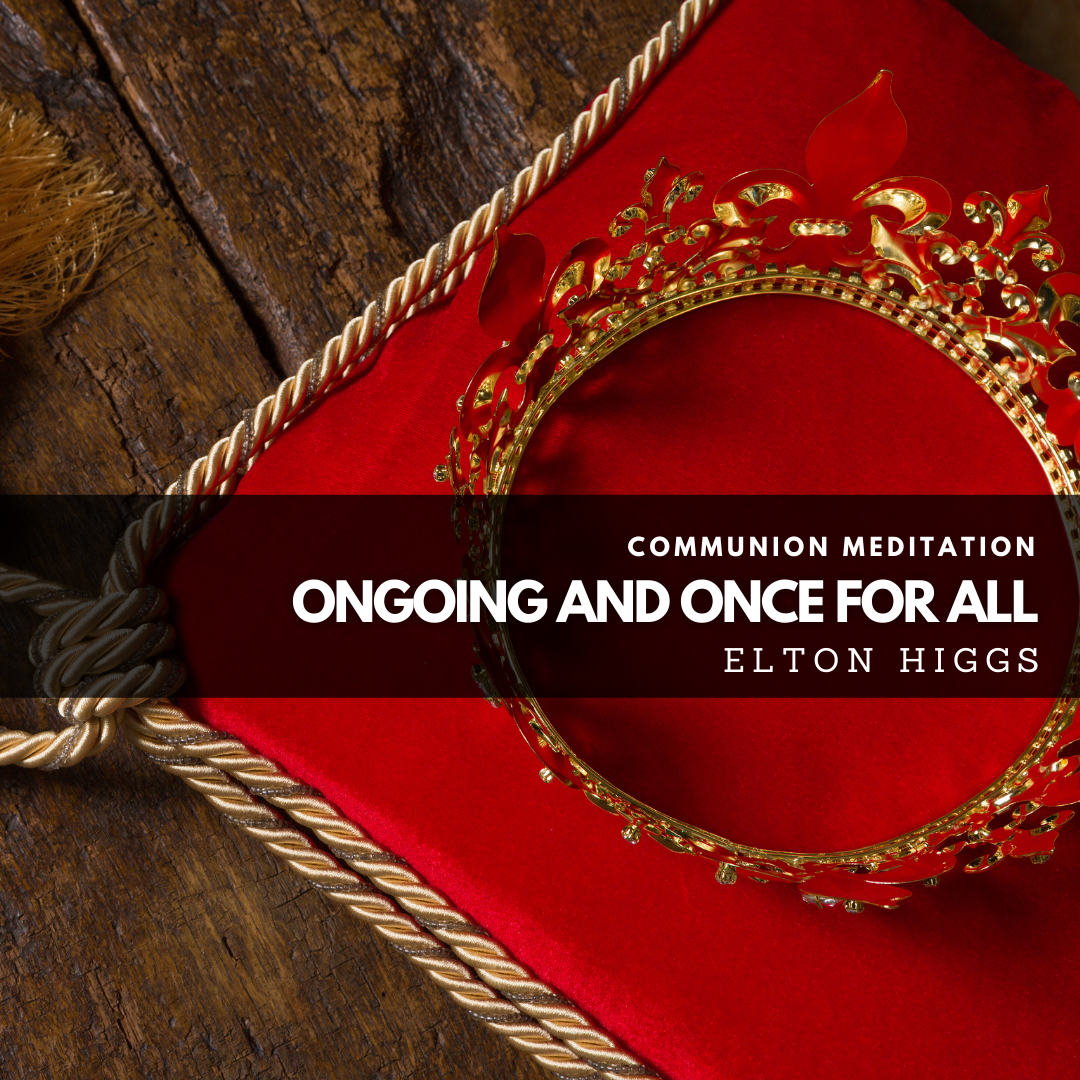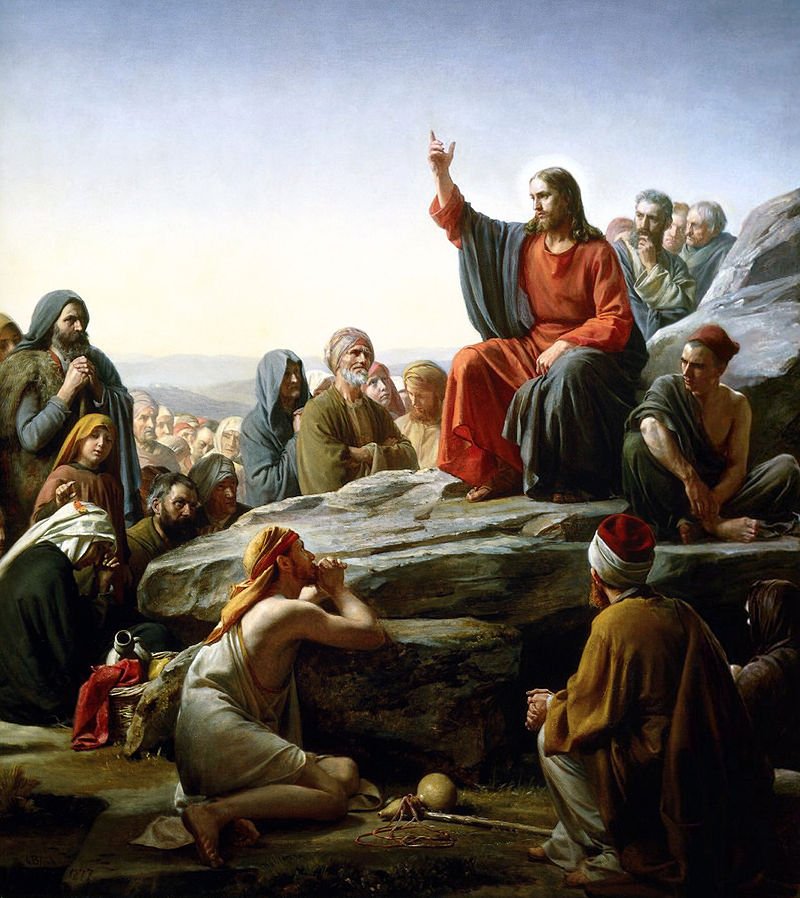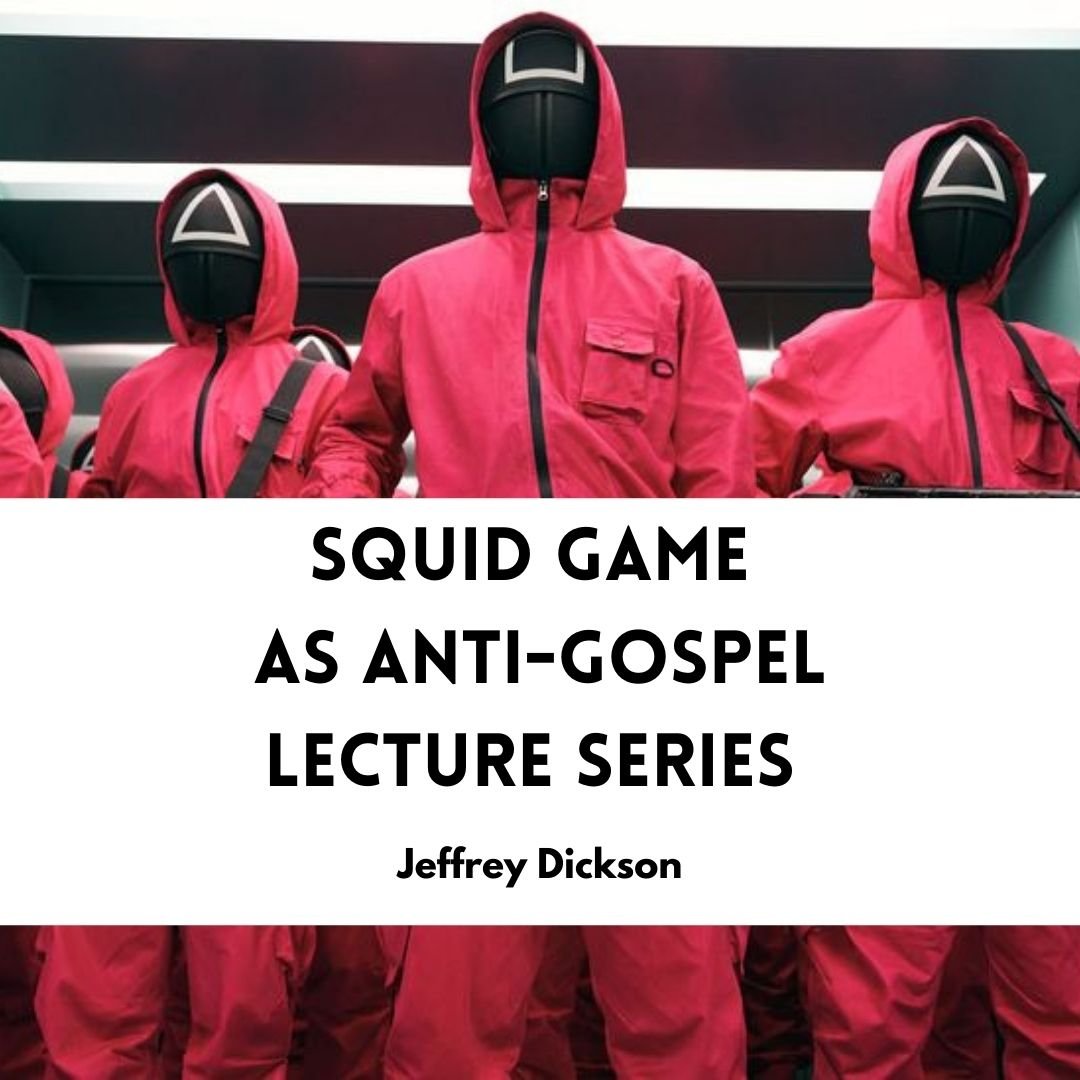It has long been argued that everyone is a theologian promoting through their actions, words, products, and attitudes something about whatever god(s) they either do or don’t believe in and that god(s)’s relationship to the world and those in it. If this is true, then some of the most influential theologians today are not lecturing in the academic commons of universities or seminaries; instead, they are those directors and creators of viral videos and/or tv/streaming series that enjoy wide acclaim, accumulate countless views, and are reiterated by cultural memes, satires, commentary, and popular discussion. Believers living among such voices must not only be aware of such implicit and explicit theologies that are celebrated and revered in our culture, but they must also be prepared to point people who don’t even realize they are being lectured to toward true biblical theology by correcting where competing theologies get it wrong and communicating in compelling ways what is right concerning the Lord God and his relationship to the world.
Enter Squid Game—an immensely popular new (though now considered only relatively new) Netflix series that secured the record for the biggest series launch when it eclipsed 111M views shortly after its release. What have over a hundred million viewers taken their time to observe? The answer is a nine-episode Korean thriller that follows Seong Gi-hum—a desperate man who has hit rock bottom—and hundreds of others who are equally destitute as they compete in an extreme series of games for the equivalent of about 38 million dollars (US currency). What becomes clear early in the series is that only one person can win the prize money and those who lose any of the competitions end up paying with their lives. For a host of reasons, I cannot warmly recommend viewing this series to those reading this. However, assuming some will and don’t want to have anything important exposed, I must mention that I will be revealing things about this show in the remainder of this discussion that might spoil elements of the story (grim and uninspired though it may be).
Given that hundreds of millions of people around the world have watched this series and have also, no doubt, been introduced to, if not, influenced by the implicit and explicit theology that it consciously or subconsciously promotes, I could not help but seek to expose its narrative for what it is (at least in part)—an anti-gospel message—with the hopes of directing people to a vastly superior story.
The Gospel Narrative
Before one can understand how Squid Game portrays what might be described as an anti-gospel narrative, she must first come to grips with important elements of the true gospel of Jesus Christ. The gospel message begins with a perfect world that God created. In this world, the Lord’s most special creations—human beings—were uniquely designed to relate to him personally and gloriously. However, shortly after God completed his creation and established proper boundaries to keep it that way, mankind disobeyed God, allowing sin to infect everything about the human person and the world that he/she inhabits. As a result, the creatures that were made to relate meaningfully to God were separated from him (both in life and in death), became indebted in their own iniquity, and were rendered woefully incapable of achieving, working, winning, or paying their way back into the Divine’s good graces. It was in this desperate situation that the benevolent Creator of the universe decided to enter the broken world in a most special way—through his Son Jesus (God made flesh). This Jesus lived a perfect life, was punished for the sins of others when he was crucified on a cross, and rose again three days later, paying the sin debt that humanity owes and defeating the power of death for all who would trust in him. Placing faith in Jesus’ person and work results in reconciliation with God and eternal life (where wrath and punishment because of sin once ruled). All this is made possible through grace for those who believe. One day, the same Jesus who came to die will return to reign with his people in a new heaven and a new earth for all eternity. This is the greatest story and it communicates an accurate understanding of God, the human person, sin, redemption, and hope found in Jesus Christ.
The Anti-Gospel Narrative of Squid Game
The gospel narrative and Squid Game’s narrative begin in much the same way. Both depict people in over their heads in immense debt (the gospel involves debt to sin and for the game participants it is mostly monetary debt to creditors or loan sharks). The theme of resulting desperation rings true in both stories also as we see people seemingly unable to have their very real issues fixed in their own strength. However, something intervenes to provide an answer for the sorry figures in Squid Game in the form of an opportunity to win liberation from their problems in a series of games. Throughout these games, it is the cleverness and ability of the players that takes centerstage and their personal strength is awarded with opportunities to advance closer to victory. Along the way, those who can’t compete well die (with the kind of violent efficiency that seems to undervalue human life altogether). The main character—who I guess you might call a protagonist—is thrust into this scenario and ends up as the last man standing, winning the vast sum of money and “freedom” from the crippling debt he owed. However, though victorious, Seong Gi-hum can’t enjoy his winnings as he remembers what he and others were made to go through to earn it. He wanders for a year or so and finds himself in much the same position he was when the story began—bitter and depressed. As time progresses, the viewer and Seong Gi-hum learn that the game’s creator had entered the competition as one of the contestants—not to save the contestants, but to observe the competition firsthand. This creator is eventually taken out of the game in a clandestine way, sparing him the pain of a violent death in the dystopia that he himself created. It is also revealed that the creator of the game is terminally ill and desired one more cheap thrill at others’ expense before he died. The games have become a tradition in which the creator invites the super-affluent to make large wagers on players and the outcomes of individual events throughout each year’s competition. This tradition appears poised to continue even after the creator dies. The show is a pessimistic look at humanity that glorifies horror and exalts the human capacity to work his way out of trouble. However, even when such a victory is attained, viewers also see that it cannot be enjoyed by the one who has worked so hard to win.
Two Narratives Collide
By now I’m sure you have already identified some of the ways Squid Game serves as a sharp antithesis to the gospel message of Jesus Christ. However, in case you missed some of the important parallels between these two stories, here is a helpful list.
Benevolent Creator Vs. Selfish Sadist
In the gospel story the Creator is an all-powerful and benevolent God who desires to share his love for his Son in the Spirit with others—namely, human beings (Neh. 9:6; 1 John 3:1). This is why he creates them in the first place and is highly interested in redeeming them when they go astray (John 3:16). In Squid Game, the creator figure is a selfish sadist who has near-absolute control over the domain of the competition and its competitors which he manages for cheep thrills and personal gain.
The Image of God in Man Vs. Expendable Game Pieces
According to the Bible, human beings are fearfully and wonderfully made with great purpose, originally equipped with the capacity to reflect the Creator’s glory (Gen. 1:26-27; 2:7; Psalm 139; Eph 2:10). In fact, even after the fall, God repeatedly reiterates that human life, even in its broken condition, is not only highly valued, but loved and should be treated as such (Gen. 9:6; James 3:9). In Squid Game, humans are portrayed more like expendable pieces on a diabolical board game. They are there simply to entertain those who are watching from the outside placing their bets as they would in a horse or dog race. Characters come and go with such great frequency and violence that it is easy to become desensitized to what one is seeing as human life is snuffed out with gruesome efficiency.
Salvation by Grace through Faith Vs. Salvation by Works
The gospel of Jesus Christ teaches salvation by grace through faith and reveals that men and women are totally incapable of doing anything in their own power to be reconciled to the Creator and repay the immeasurable debt they owe because of sin (Eph. 2:8-9). Salvation is offered as a gift from God to those who place their trust in who Jesus is (God made flesh) and what he accomplished (redemption through the cross and empty grave) (Rom. 10:9-10). The anti-gospel of Squid Game teaches that freedom from desperation and debt is achieved by personal performance in the series of competitions that have been laid out for them. It is their cleverness, agility, and effort that will see them through to the end. However, even in this series, all but one proves they were up to the challenge. The majority learn that even their best efforts aren’t enough to bring them salvation.
Savior Sacrifices himself Vs. People are Sacrificed for a Chance
The narrative of God reaches its climax when God sacrifices his only begotten Son to redeem people from their sin (John 3:16-17). This willingness to send Jesus and see him killed for undeserving sinners reveals the immeasurable grace and love of this benevolent Creator (Rom. 5:8). The narrative of Squid Game involves people sacrificing themselves for a chance at redemption and everyone, save Seong Gi-hum, coming up short. In fact, when the creator of the games is due to lose his life by losing one of the competitions (after inserting himself into the games as one of its contestants), it is later learned that he escapes unscathed, only to die a year or so later. In this show, people, not the creators, make the sacrifice and this they do for the sick pleasure of those betting on the action.
Saved to Life Abundant Vs. Saved to Guilt and Heartache
The biblical gospel teaches that those who are saved by grace through faith in Christ are given eternal life and this in abundant supply (John 10:10; 11:25). This realization brings hope and peace amid a broken and fallen world as believers anticipate a preferred future with their Lord and Savior in heaven (1 Thess. 4:13ff). The anti-gospel of Squid Game paints a grim picture of the victory it offers as the winner of the competition is plagued with grief and guilt, unable to enjoy his winnings and the security it provides. As soon as he begins to finally turn a corner, he is so riddled with the desire for revenge for what he experienced, that he seeks to reinsert himself into the games to destroy those who are keeping it going. In at least this last observation, it should be noted that the creators of Squid Game do get something right—any salvation that can be earned in one’s own strength does not last and does not ultimately satisfy.
These observations/comparisons between the true gospel and the anti-gospel of Squid Game are important to identify given the international popularity of this show and the anticipation many have for its second season. Believers would do well to recognize that many millions of people who are viewing these episodes are not only being entertained by a provocative new show, they are also being lectured to in ways that are diametrically opposed to Scripture and what it has to say about who God is and his relationship with mankind. Now that the subversive theology of this series has been exposed, may we be ready to meaningfully engage those who have seen this popular new show and share a better, more compelling story: God’s story of Jesus Christ, the Savior of the World.




























































